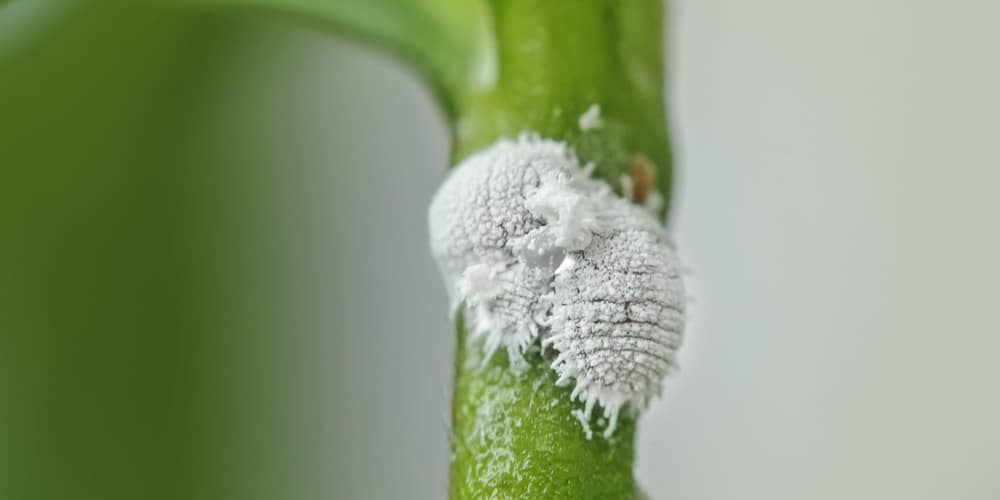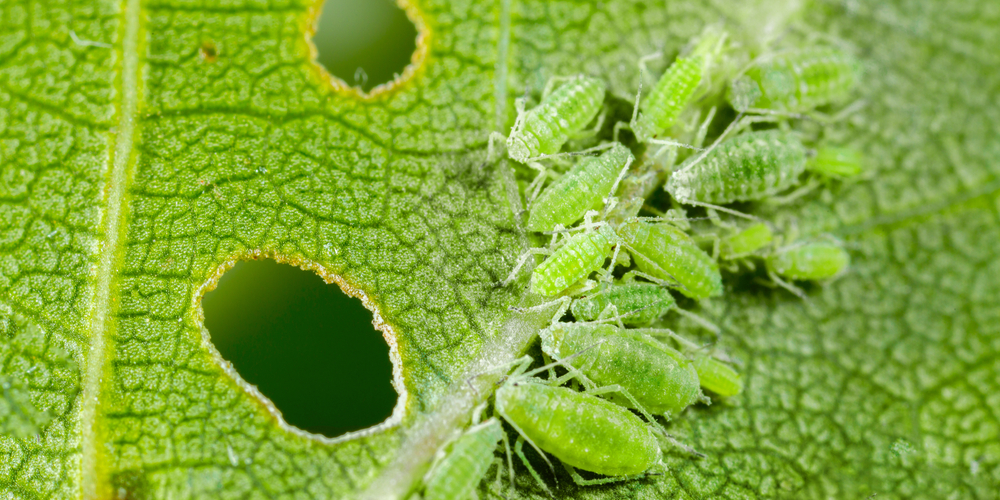We all know it: having a lawn in your garden can make your property more attractive, but it requires plenty of attention from your side. And besides watering it regularly and mowing it once or twice a week, you’ll also have to keep an eye out for weeds and insects.
There are many ways to get rid of insects. But have you ever heard of Bifenthrin and Permethrin? If you are an experienced gardener, probably yes. If you aren’t, don’t worry: it is enough to say that these products are among the most popular options for eliminating pests on your lawn.
However, not many people are aware of the differences between the two! If you want to learn more about Bifenthrin vs. Permethrin, you have landed in the right place. In this essential guide, we collected all the information you must have on hand before choosing one for your garden.
Bifenthrin Vs Permethrin: Similarities
It might be easier to start with the similarities between these two products. To begin with, as you may expect from their names (both ending with the suffix “thrin”), they are part of the same chemical family.
These two insecticides work similarly by attacking the pest’s nervous system. In essence, when you spray one of these products, as the chemicals get in touch with the body of a bug, they paralyze them. Eventually, the paralysis leads to death.
Also, both insecticides are effective on most bugs species. For this reason, you should always be careful when applying these synthetic products: they might harm even beneficial insects.
Also, you should avoid inhaling or getting into contact with them. Indeed, they might cause irritation, skin rashes, headaches, or nausea.
Differences Between Bifenthrin vs Permethrin
Of the two, permethrin has a faster action. So this means that insects that come into contact with the product paralyze almost immediately. On the other hand, bifenthrin can take up to 10 minutes before having a noticeable effect on any bug.
And while 10 minutes might not make such a difference, you might benefit from knowing that bifenthrin stays for longer. Indeed, you can expect it to last up to 90 days. On the other hand, you’ll have to reapply permethrin every 30 days or so.
While both of these products are effective, permethrin tends to be cheaper. However, you’ll have to check which one is suitable for what you need.
For instance, bifenthrin is ideal if you need a product to eliminate pests on your turf and lawn. It has a broad spectrum application, meaning it affects various bug species. For instance, it is an excellent product against fleas, ticks, mosquitoes, terminate, ants, and cockroaches.
Permethrin is best at eliminating mites, terminates, ticks, and mosquitoes. Additionally, it binds well to textiles and fabrics. So, you can use it even on furniture or walls.
And this is especially handy if you are struggling with mosquitoes in your garden. If you need to kill spiders, roaches, or ants, we recommend you apply bifenthrin. Fleas have permethrin, so this product will be your best option if you have a problem with these pests.
Which One Should You Use For Your Lawn?
The choice of a product for your garden depends on the uses you plan to make of it. For instance, bifenthrin comes in two application methods: spray and granular. You should always read the instructions you find on the product before applying it to your lawn to prevent harming your grass.
On the other hand, you can find permethrin in spray, concentrate, powder, and dusting. Such a wide range of options allows you to pick the best method according to your needs.
Bifenthrin is the better option if you need to eliminate lawn and turf pests. However, permethrin tends to last longer and requires fewer applications, and will cost you less in the long run. Still, both products eliminate most insects that might attack your garden.
Don’t forget to apply the directions you find on the products. If you do so, you’ll have no issues with these pesticides. Also, consider diluting the insecticides depending on the severity of the infestation. You should find all the information about this process on the label of the product you decide to apply.
Related Article: 7 Bugs That Kill Trees and How to Eliminate Them

